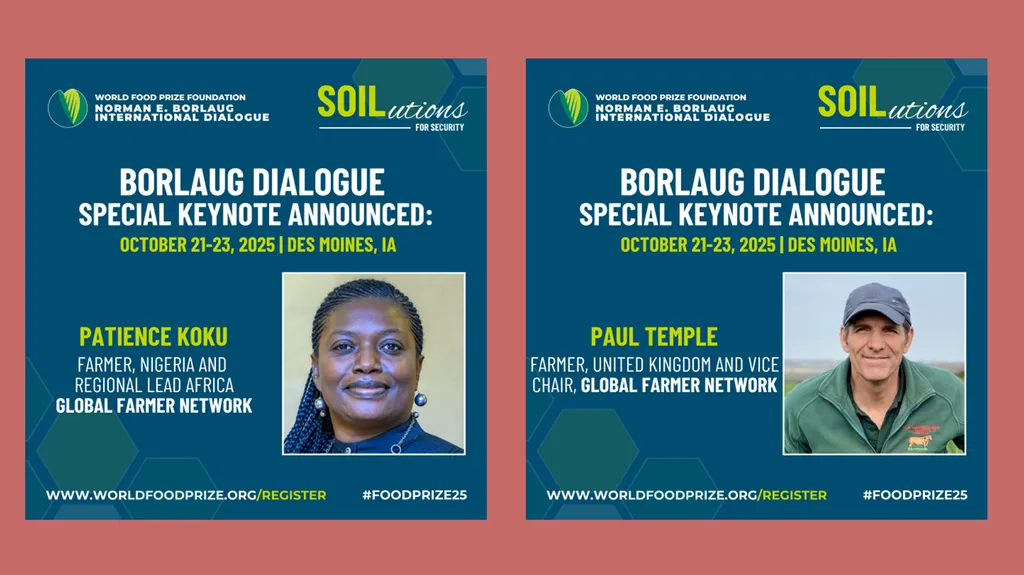At the 2025 Borlaug International Dialogue in Des Moines, Iowa, agricultural productivity took center stage, with experts delving into the intricate balance between efficiency and sustainability. Among the notable voices was Tom Thompson, executive director of the Global Agricultural Productivity (GAP) Initiative at Virginia Tech, who offered insights into the current challenges and opportunities facing farmers.
Thompson, who also serves as the Associate Dean and Director of CALS Global in the College of Agriculture and Life Sciences at Virginia Tech, highlighted the pressing issue of input costs. With higher prices for essential farming inputs, Thompson noted that farmers are compelled to seek more efficient practices. “Yes, it will create a drive toward efficiency,” he remarked. This push for efficiency is not just about cutting costs but also about ensuring that every seed planted germinates precisely when and where it should, maximizing yield potential.
However, Thompson cautioned that the same financial pressures could also deter farmers from investing in innovative agricultural technologies. “If margins are just razor thin, it makes it much harder to invest in advanced technology,” he explained. This dual challenge underscores the delicate balance farmers must strike between immediate financial constraints and long-term productivity gains.
A key focus of Thompson’s discussion was the concept of sustainable agricultural productivity growth. He emphasized that this approach is one of the most effective ways to meet both agricultural demand and environmental goals. Virginia Tech’s Total Factor Productivity (TFP) measurement plays a crucial role in this endeavor. TFP increases when farmers produce more output using the same or fewer inputs, leading to higher incomes, lower food prices, and the conservation of natural resources.
The implications of Thompson’s insights are far-reaching. As farmers grapple with rising input costs, the drive toward efficiency could lead to more precise and sustainable farming practices. However, the financial strain may also limit the adoption of cutting-edge technologies that could further enhance productivity and sustainability. The challenge lies in finding ways to support farmers in navigating these complexities, ensuring that they can continue to meet the world’s agricultural needs while also protecting the environment.
The 2025 Borlaug International Dialogue provided a vital platform for such discussions, bringing together experts and stakeholders to explore solutions to these pressing issues. Thompson’s contributions highlighted the critical role of institutions like Virginia Tech in advancing agricultural productivity and sustainability, offering a roadmap for the future of farming.

